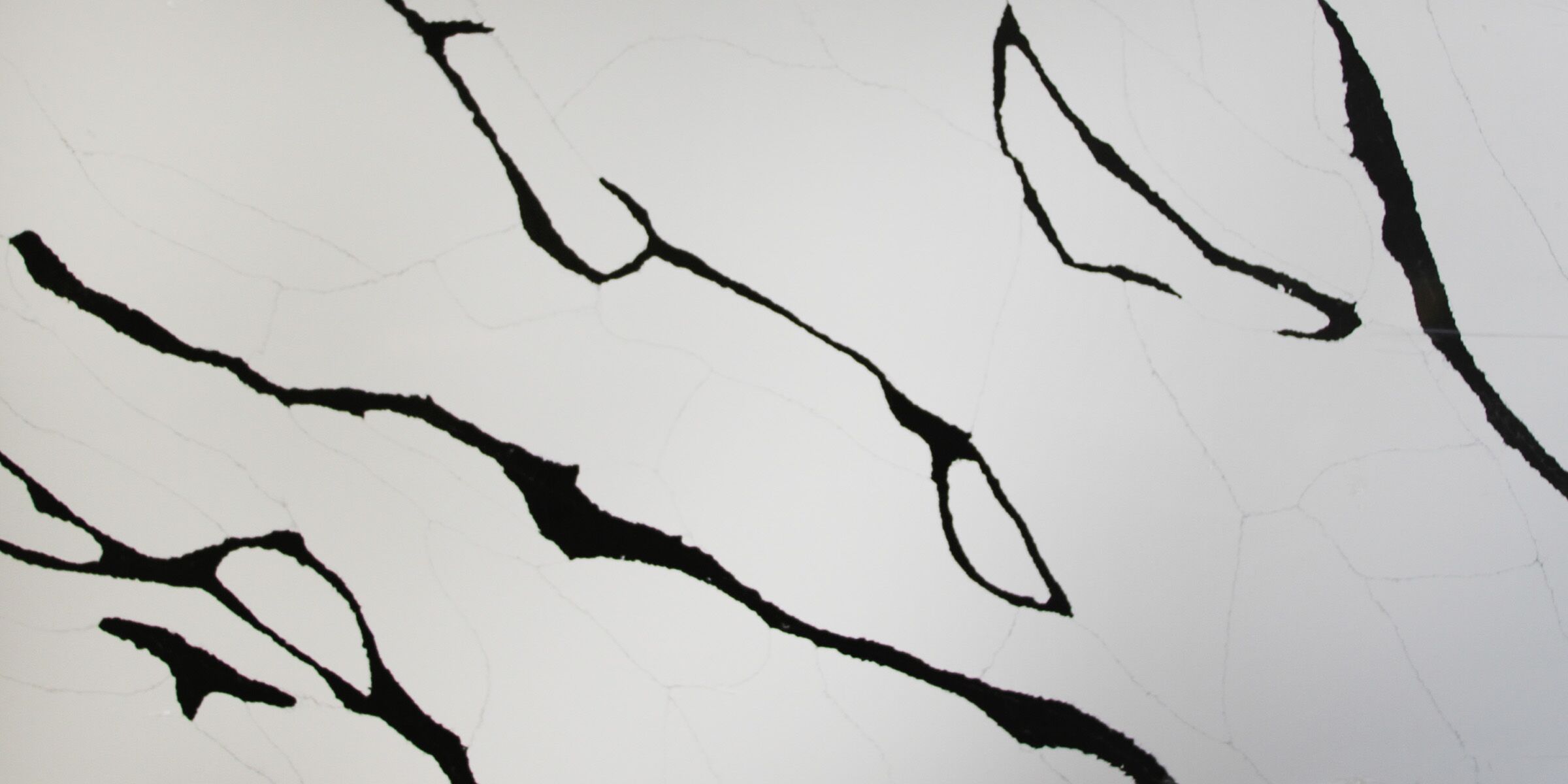Most of you will agree that choosing countertops is one of the most exciting parts of revamping your kitchen or bathroom or designing a new one from scratch. Along with offering a durable and firm surface for cooking and dining, they also serve as the primary attraction for you and your guests. It’s crucial to pick the proper material for your kitchen and bathroom countertops. You have an array of choices available, so what you choose will depend entirely on your personal preferences and budget. Among these choices, quartz has become one of the most sought-after materials for countertops. In this article, we will see if quartz deserves its popularity and if it is a suitable material for you.
Is Quartz Good for Countertops?
While quartz is a naturally occurring crystalline mineral made up of silica, quartz countertops are not entirely natural. It comprises about 90% powdered quartz mixed with resins, polymers, and pigments. The resins and polymers join the quartz dust together, and pigments give the countertop its color and pattern. Because quartz countertops are manufactured materials, they can have both upsides and downsides.
- Strength and Durability
The extreme durability of quartz countertops is one of the main reasons people prefer them. Quartz is the best material to choose if you want something that won’t get cracked easily, making it a perfect choice for kitchen and bathroom countertops. To put the hardness in contrast, diamond scores 10 on the Mohs scale, and quartz score 7. Although quartz is tough, this does not mean that it is unbreakable. Quartz can be scratched and cracked, but the chances are pretty low unless you drop a stone onto it.
- Looks
Quartz countertops also provide a wide selection of sophisticated and elegant styles. The choices are not limited to what nature provides, so the designs and colors of this manufactured material are practically limitless. With different pigments made up of materials like glass, manufacturers can produce almost any design based on your vision. Because of this freedom of choice, quartz countertops can be made to match floors and cabinets of any color and design. Moreover, most manufacturers can make quartz countertops look similar to marble or any other natural stone. This way, you can have the durability of quartz and the design and veining of natural stone.
- Porosity
The microscopic space in a rock determines the degree of porosity. If a rock is porous, liquids can seep through the surface and might cause permanent discoloration and damage. Moreover, it might be challenging to clean porous countertops when bacteria get into pores. To counter this problem, homeowners using marble, granite, or other natural stone countertops regularly need to seal them. When you are looking for a countertop used in the kitchen or bathroom, you want it to be non-porous. Since quartz is engineered to be non-porous, you do not need to worry about permanent stains or annual sealing.
- Maintenance
One of the main reasons why quartz is a low-maintenance material is that it is non-porous. We already know you need to seal natural stone countertops at least annually; you don’t have to worry about that with quartz. This eliminates the flaws that compromise the integrity of natural stone slabs and removes the need for annual sealing. Furthermore, quartz countertops are more scratch-resistant than other natural stone countertops. You also do not need to be extra careful when cleaning. A wet wipe cloth and some soap and water will do just fine.
What are the downsides?
Before deciding to go for a quartz countertop and ordering one, you must also know its downsides. Although the upsides out-weighs the downsides, there are still some factors you should consider.
- Cost
Compared to high-quality natural stone countertop slabs, the cost of quartz is reasonable. But that doesn’t mean it is affordable by all. Since the kitchen and bathrooms take quite a bit of the budget, it will be helpful if you know the price beforehand. Quartz countertops can cost anywhere from $50 to $200 per square foot. The price is determined by style, finish, manufacturer, and the quality of natural quartz used.
- Low Heat Resistance
While quartz is heat-resistant, the resin and other fillers used in manufacturing quartz slabs are not. Putting hot pans on top of quartz surfaces can result in severe discoloration. If you see spots in your quartz countertop, it has likely been damaged by heat. Depending on the quality and manufacturer, quartz countertops are said to withstand up to 300°F, but you might want to check that double.
- Installation
Unless you’re a skilled professional, you might not want to DIY your quartz countertop. The weight of a quartz slab can go up to 25 pounds making it extremely heavy. It would be best if you also were careful when joining slabs to make them seamless and not ruin the aesthetics. Depending on the design and patterns, this can be a daunting task.
- Indoors Only
When exposed to prolonged sunlight, quartz countertops tend to deteriorate and become discolored, so if you’re planning to use one for your outdoor kitchen, you’re better off using another material. The pigments on the quartz countertop will fade in the UV rays, giving the surface an unappealing yellow tint. So, avoid quartz countertops for the outdoor kitchen, and make sure your indoor kitchen is away from oversized windows.
Are they worth it?
Compared to most natural stone countertops, the pros of quartz countertops exceed the cons. It has an infinite variety of stylish designs and is highly durable, resistant to stains, non-porous, and doesn’t require much maintenance. The most significant drawbacks of quartz countertops are the cost and lack of heat resistance. If that doesn’t bother you, go for it.

